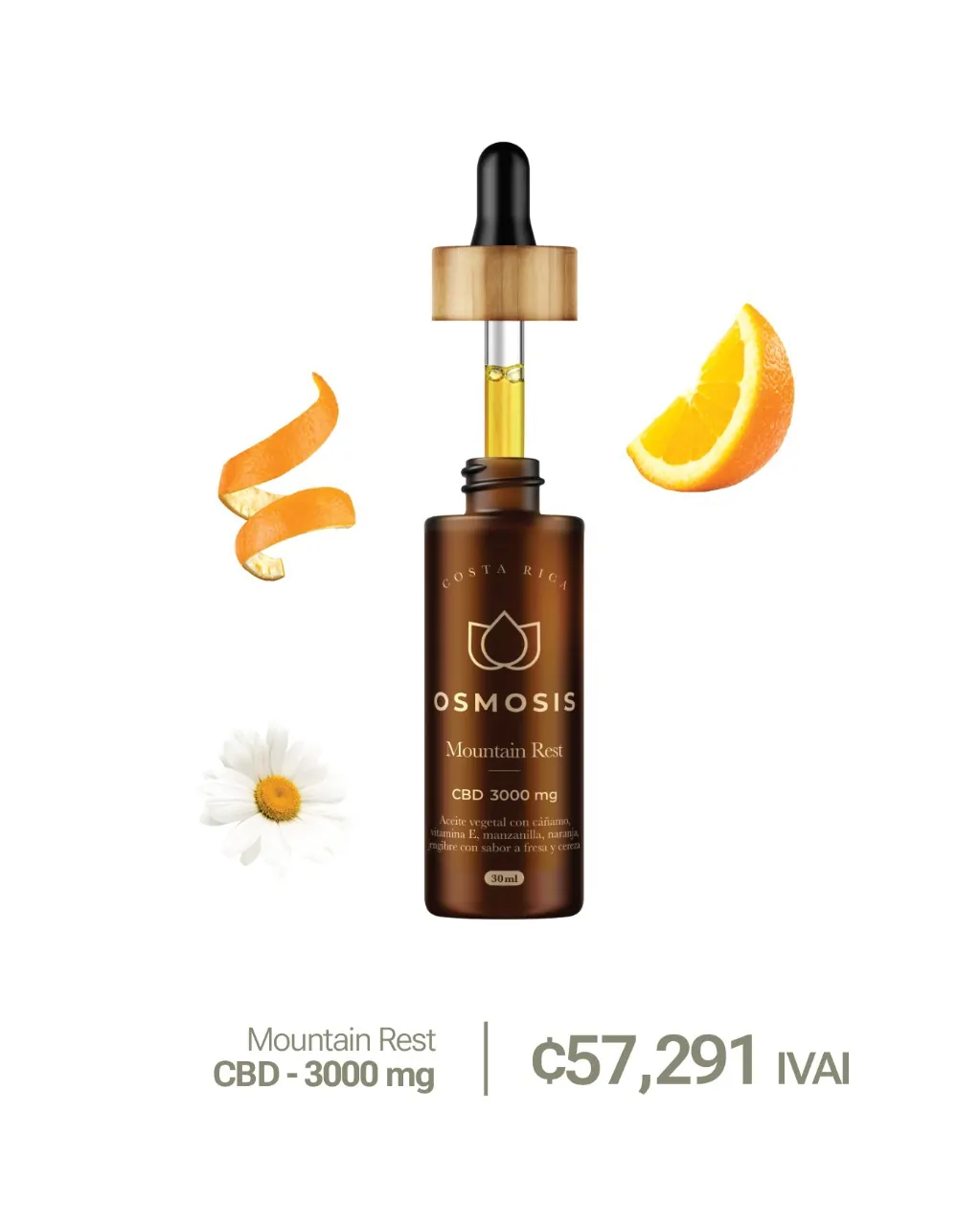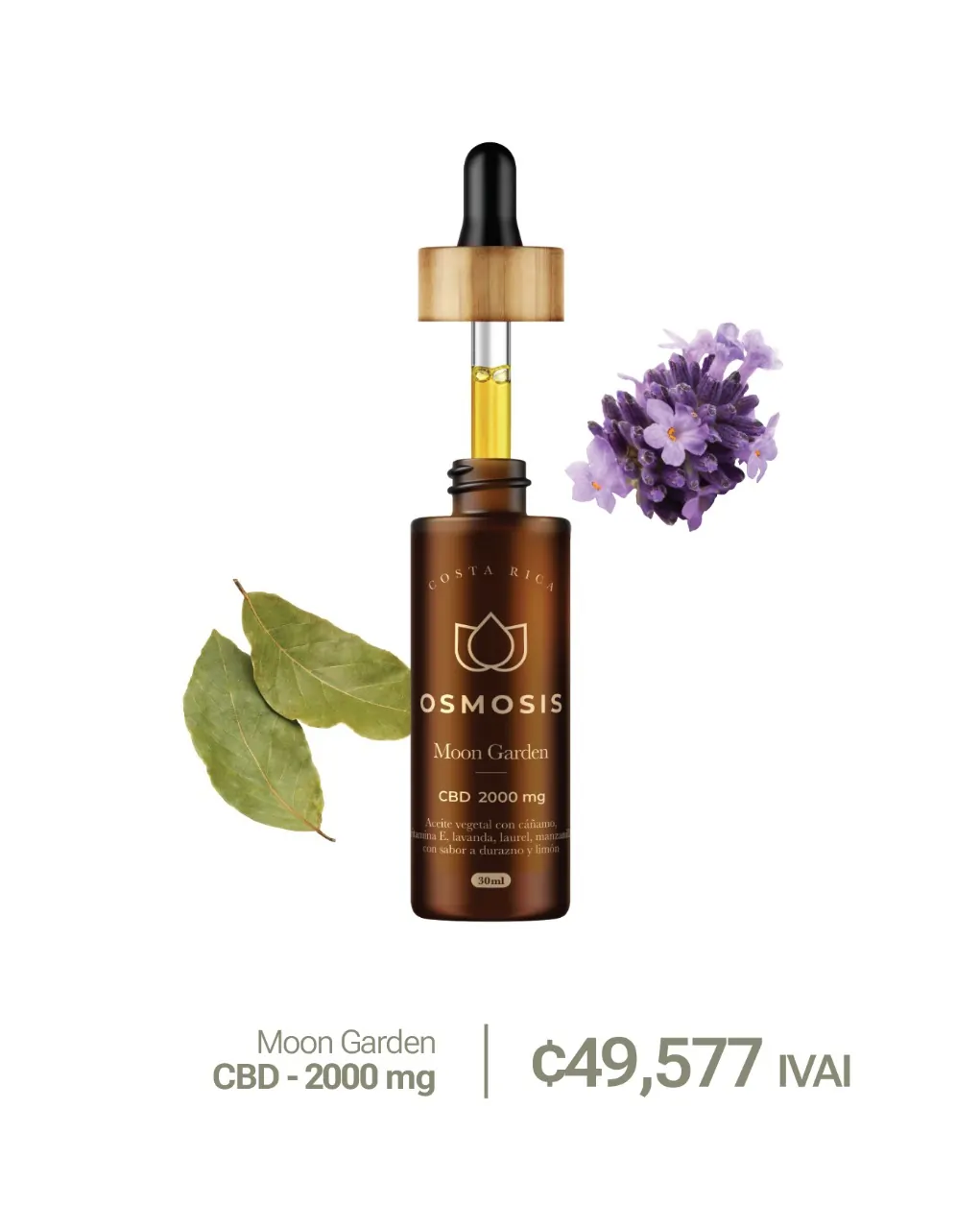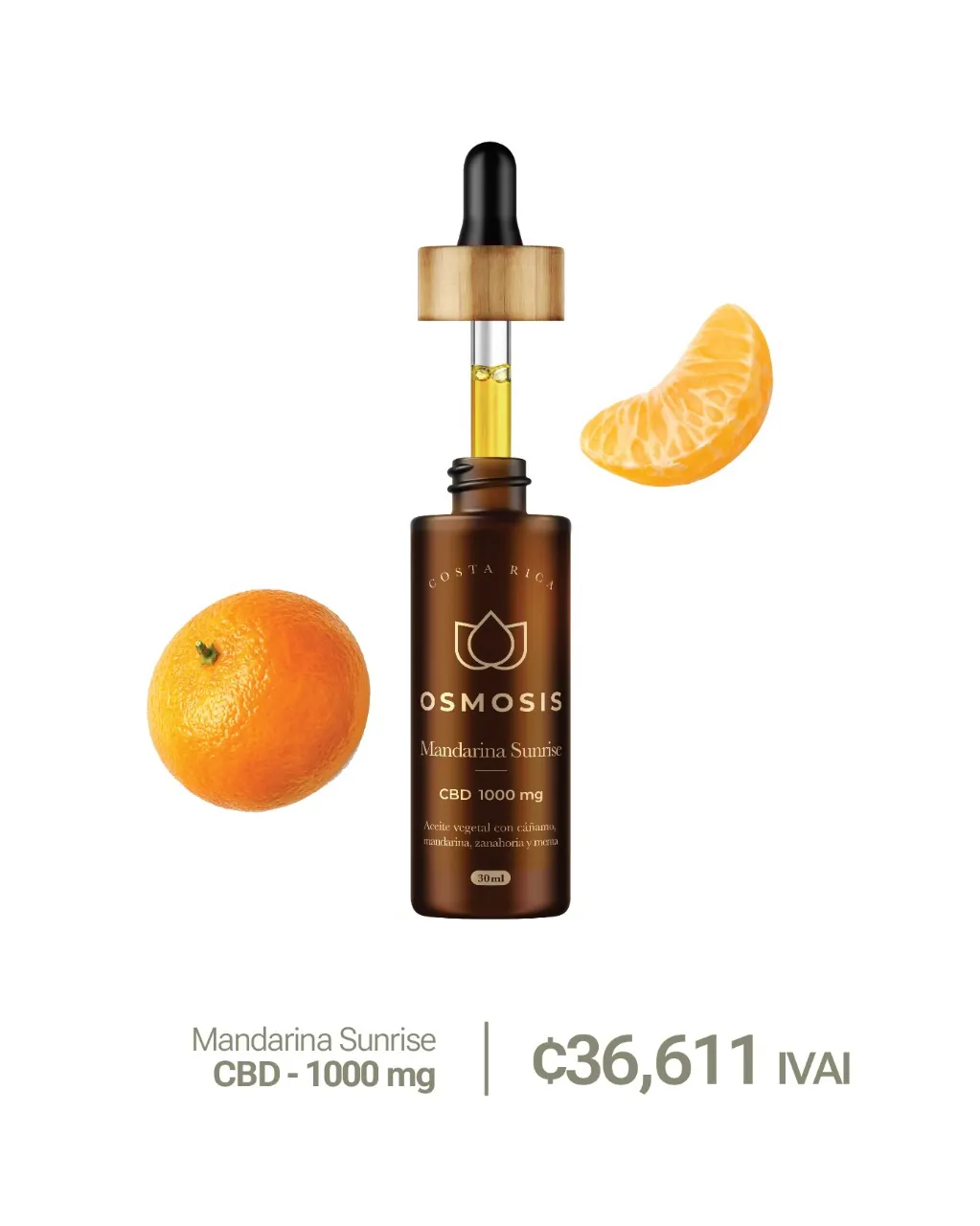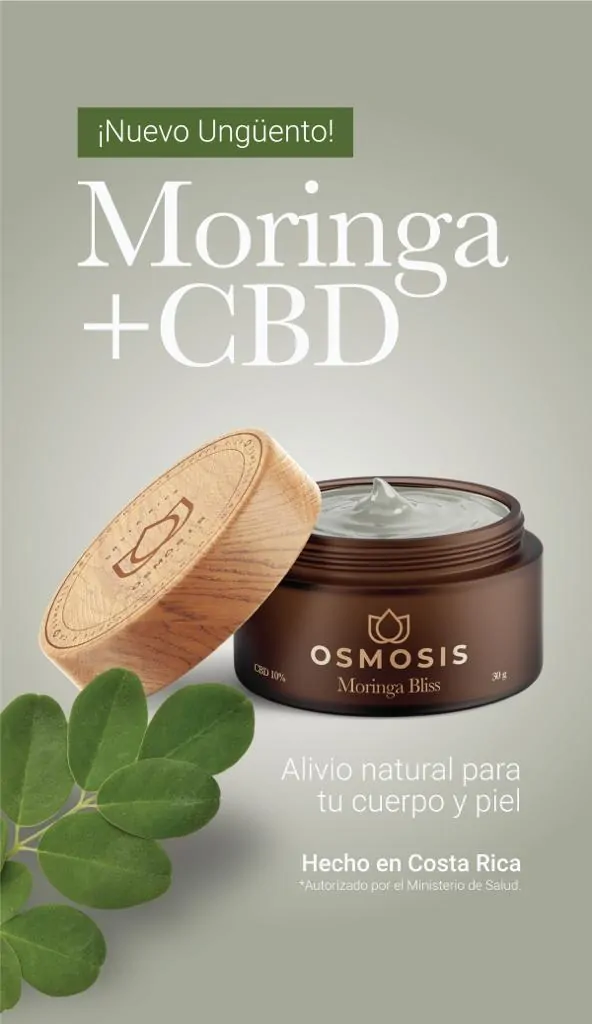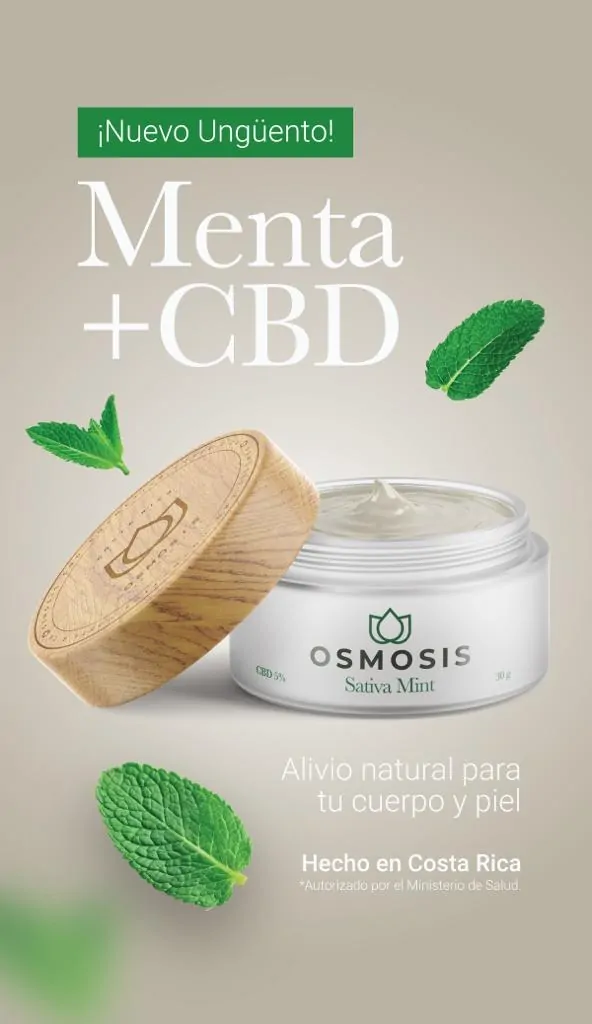On September 7, 2022, the executive branch of Costa Rica signed the approval of the “Hemp Regulation for Food and Industrial Use”. This supports the use of plants whose THC content (psychoactive compound of cannabis) is less than 1%.
At MCN we answer the 5 questions that everyone is asking about this advance in Costa Rica.
What should I do if I want to grow hemp in Costa Rica?
- First of all, the best advice is to be very clear about what activity within the industry you want to dedicate yourself to. Each variety of the plant has an optimal application in a specific industry.
- It is essential to have a land suitable for planting hemp. Remember that not all climates or places are optimal for plant growth, this is important if the amount of money you have to invest does not allow you to build greenhouses with a high investment cost.
- Going into more specific details of the regulation it is important that you carefully read articles 9 and 10 of the document. In the following list we present article 9, which talks about the generalities; however, we recommend you read article 10 so that you can find out about the specific requirements for the authorization of cultivation, production, import and / or export of hemp, before the MAG.
As general requirements you must present:
1- Duly completed application form. You will find this in the annex to the regulation.
2. Affidavit stating that the applicant natural person and the legal entity and its associates or partners are not affected by the prohibitions established in article 11 of Law No. 10113. This article stipulates that none of the people involved in the application may have a history of drugs. Likewise, there is no relationship of consanguinity or affinity up to the second degree with hierarchs of the institutions that are linked to the process to grant authorizations.
- Present a detailed description of the project you want to develop.
- D2 environmental registration, municipal procedures and other procedures required to carry out agricultural production activities.
- 4- Proof of the occupational hazard policy.
Do I need a license to plant hemp?
No. You do not need a license as in many countries, you only need an authorization that has no economic cost.
It should be noted that the number of authorizations to be granted has not yet been defined, what has been specified is that 40% must belong to cooperatives, and indigenous development associations; to promote economic development in regions less favored by the economy today.
It is recommended to read rule 12 of the rules of procedure to better understand the application process and the notification protocol.
How can I get the seeds to sow hemp?
Seeds must be obtained through the National Seed Office (ONS). Textually, the text reads: “e) The ONS will be responsible for compliance with the regulations on seeds in accordance with Law No. 6289 of December 4, 1978 “Law of the National Seed Office”, its amendments, Law No. 8631 of March 6, 2008 “Law on the Protection of New Varieties of Plants” and its regulations, Executive Decree No. 41504-MAG “RTCR 493:2017 Regulation for the import, export and trade of seeds. Requirements and procedures”, Executive Decree No. 38972-MAG “Regulation to the Law of the National Seed Office No. 6289”, Executive Decree No. 36844-MAG-MEIC-COMEX, “RTCA 65.05.34:06 Registration of Commercial Varieties”.
Once I collect the products of my plants, what do I do with my harvest?
In this section there are two important details and they cannot be lost sight of. First is to take into account that to move the plant material you must request the MAG or the Ministry of Health to draw up an official act of transfer of plant material using a form annexed in the document of the regulation.
Secondly, “products derived from hemp, of sanitary interest must have the respective sanitary registration, granted by the Ministry of Health, for veterinary products, medicines and animal feed must have the respective registration of the National Animal Health Service, and for phytosanitary products, must have the due registration in the State Phytosanitary Service, based on the specific regulations in force for each type of product.
The analysis of THC or any other cannabinoid must be carried out by an accredited laboratory or recognized through a mutual recognition agreement between the Costa Rican Accreditation Entity (ECA) and its international counterpart to perform the THC content test,” says Article 15 of the regulations.
What applications can be made with hemp according to this regulation?
The hemp plant has been used for thousands of years by humans for different purposes by many cultures. It is for this reason that its legalization and regulations represent a great advance for Costa Rica, added to the fact that its growth as a market has been very important in the world economy.
Thanks to the fact that its study and use has been present for so many years in human history, today you can see some of its applications in the regulation that was approved this September in Costa Rica. Here is a count of them:
- 1. Foods and dietary supplements
- 2. Cosmetic products
- 3. Animal food and medicines
- 4. Chemicals
- 5. Pesticides
It should be noted that there are finished products that are not covered by the regulation, for example the textile branch. This is one of the products derived from hemp that has more strength and growth in the market, despite this it is not regulated in the text.
If you want to download the regulation you can do it in: https://bit.ly/3U5ybXj

